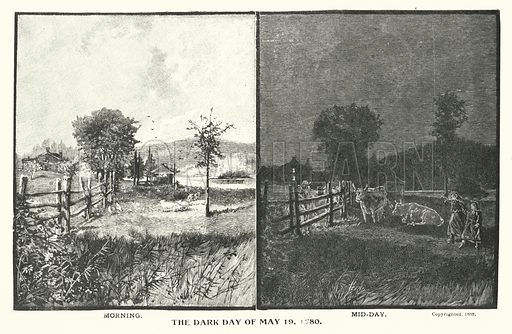Boston Tea Party December 16th 1773
- katellashisadventure
- Dec 16, 2024
- 2 min read

On this date 251 years ago, the infamous Boston Tea Party occurred. It was a direct response to the Tea Act which was passed earlier in the year to save the East Indian Tea Company. Today we would call it a government bailout but back then no such phrase existed. The East Indian Tea company had to sell its tea through agents, and this was causing them to go bankrupt because of corruption and regulations that abounded during this time period.
Lord North, Prime Minister of Britain at this time, thinks he can save the company by selling the tea in North America. He is thinking about how to make the parts of the empire function that brings benefit or maintains the whole. Tea would be cheaper for the colonists in his mind and this goes to the British mindset that the colonies are nothing but consumers.
This caused a great deal of problems in the colonies. Specifically, the East Indian Tea Company was selling at a lower price to hurt other companies. The question among the colonist was what would stop the British government from doing this with other items. It also rubbed salt into an open but put aside wound – it had been relatively quiet for a period of time, but it reminds colonist of the unconstitutionality of taxes. It raises questions about monopoly which is regulated by Parliament, and it creates a privilege to certain merchants.
Colonists did not look at this as a discrete incident but part of a long chain of abuses as stated in Declaration of Independence.
·
Consequence of the tea act – ships are left in the harbors or turned back because the tea was not being bought since the Colonist had revolted over the tax. This is the time when coffee becomes the choice drink of colonist. However, in Boston it is introduced into the market by Governor Hutchinson whose family needs the tea for commerce.
This results in the Boston Tea Party and then ultimately the closing of Boston Harbor. On December 16, 1773, Samuel Adams leads a meeting at Faneuil Hall, where approximately 7000 people, attend from 10 am to 6 pm. They send the proprietor of the Dartmouth to ask the governor if his ship can leave. The Governor refuses to let him leave before his cargo of tea was unloaded. Allegedly that’s when Adams says, “This meeting can do nothing more to save the country”, it was a signal to the men to board the ships and destroy the tea.[1] It is unknown who actually participated in the Boston Tea Party that night, as all the men were sworn to secrecy
General Gage is then instituted as the Governor of MA and implements orders where Town meetings and the legislature is curtailed.
Be sure to visit the site on the Boston Tea Party and tour the museum.
[1] Barthelmas, Della Gray. The Signers of The Declaration of Independence: A Biographical and Genealogical Reference (Jefferson, NC, London, McFarland, 2003) 20



Comments